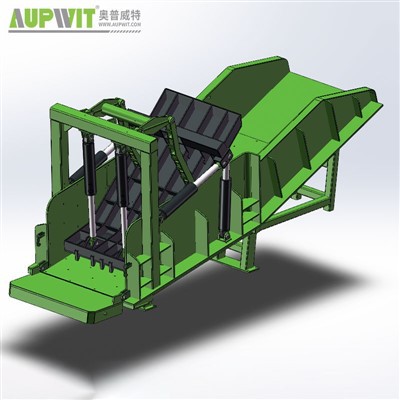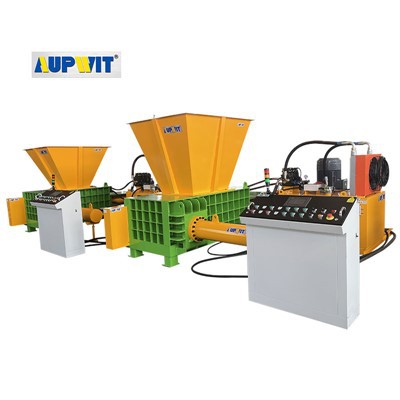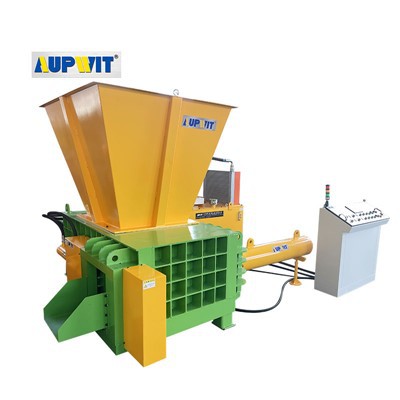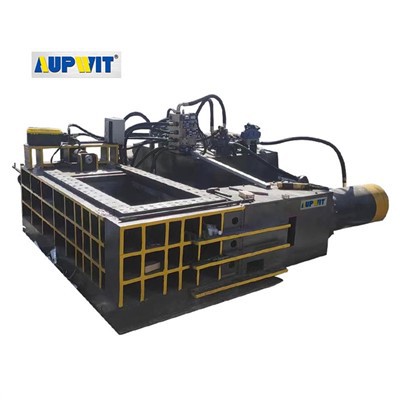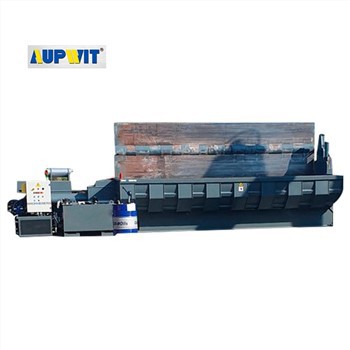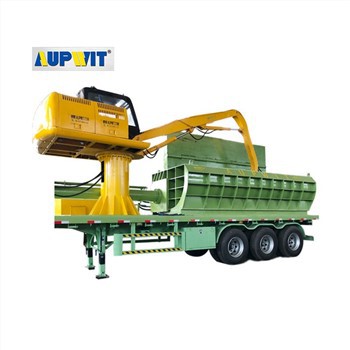Environmental Benefits of High-Volume Horizontal Balers
Transforming waste management through advanced compaction technology
Sustainable Waste Management Solution
High-volume horizontal balers offer significant environmental advantages, making them pivotal in sustainable waste management and recycling systems. These industrial machines effectively process large volumes of recyclable materials, contributing to reduced landfill usage and enhanced resource recovery.
Key Environmental Benefits
- Reduce waste volume by up to 90% through high-density compaction
- Lower transportation costs and carbon emissions
- Increase recycling efficiency and material recovery rates
- Minimize landfill methane emissions
- Optimize energy usage with efficient hydraulic systems
- Support circular economy practices
- Conserve natural resources through material recovery
- Meet sustainability goals with measurable impact
Waste Volume Reduction
Horizontal balers drastically reduce waste volume through high-density compaction. By compressing materials like cardboard, plastics, and textiles into tight bales, these machines minimize the space required for storage and transportation. This reduction cuts down on the number of trips needed to haul waste to landfills or recycling facilities, lowering fuel consumption and associated greenhouse gas emissions. Fewer vehicles on the road translate to reduced carbon footprints and air pollution.
Enhanced Recycling Efficiency
The uniform, dense bales produced by these balers are easier to handle, sort, and process in recycling plants. This streamlines the recycling chain, increasing the likelihood that materials are reused rather than discarded. By diverting more waste from landfills, horizontal balers help conserve landfill space—a critical resource in many regions—and reduce methane emissions, a potent greenhouse gas released during organic decomposition in landfills.
Energy Efficiency Features
Modern horizontal balers are designed with energy-efficient features. Advanced hydraulic systems and variable-speed motors optimize power usage, minimizing energy waste during operation. Many models also integrate with waste sorting systems, ensuring cleaner material streams that require less processing energy in recycling facilities. This comprehensive approach to energy management contributes to a lower overall carbon footprint for waste processing facilities.
Circular Economy Support
By facilitating the handling of large volumes of recyclables, horizontal balers enable businesses and communities to recover valuable resources, reducing the need for raw material extraction and the environmental degradation associated with mining, logging, or petroleum refining. This closed-loop approach conserves natural resources and lowers the overall environmental impact of production cycles, making industrial processes more sustainable.
Environmental Impact Summary
High-volume horizontal balers contribute to sustainability through waste reduction, emission cuts, enhanced recycling rates, energy efficiency, and support for circular economies. These machines transform waste management from a linear disposal model to a circular resource recovery system, making them essential technology for achieving environmental sustainability goals.


